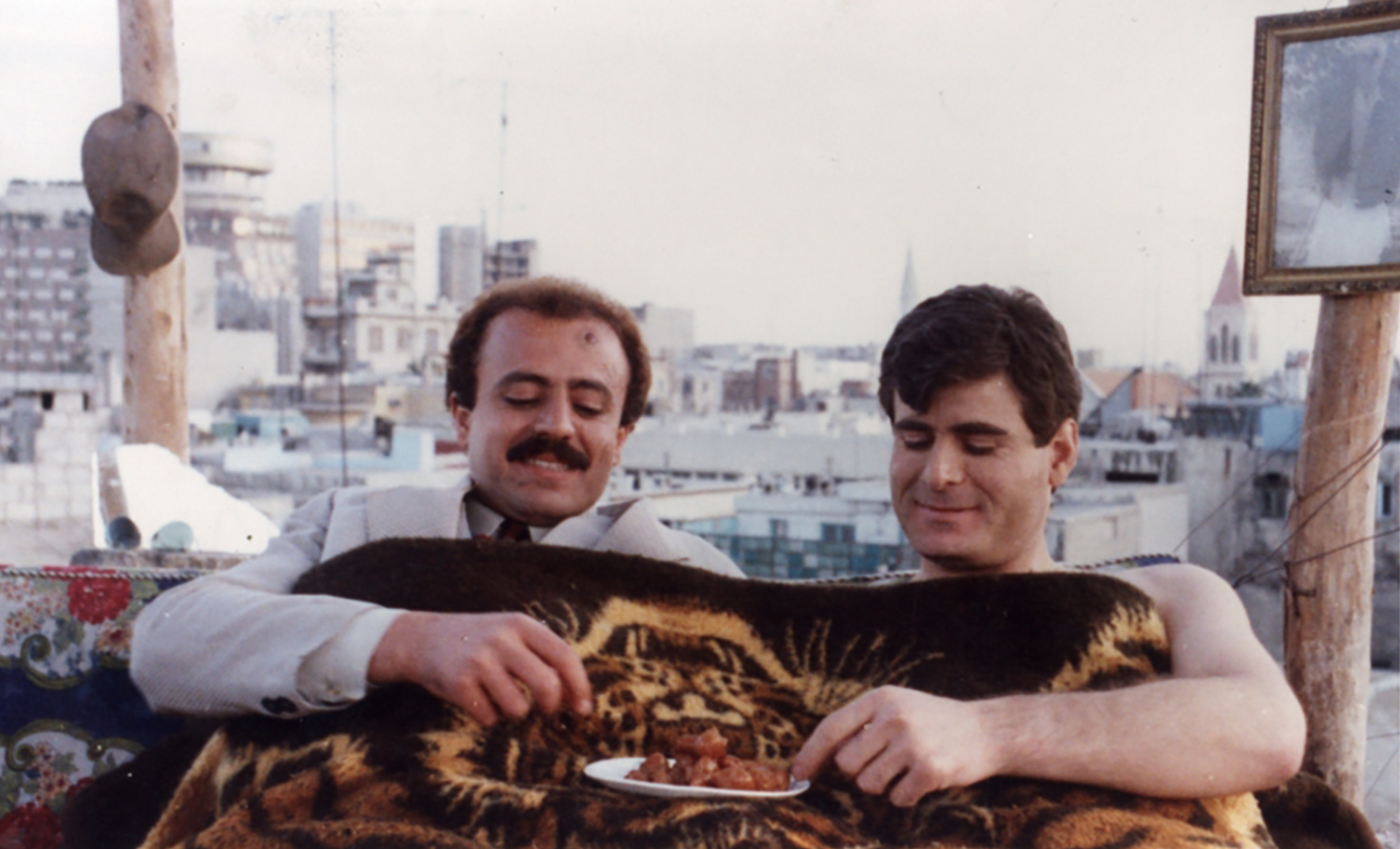Add Caption
Mapping Subjectivity: Experimentation In Arab Cinema
Producer
MoMA, New York; Tate Modern, London; Abu Dabi Film Festival
2011
This three-part film exhibition aims to map a largely unknown heritage of personal, artistic, and sometimes experimental cinema from the Arab world. The program highlights kinships in sensibilities and approaches and explores connections and potential conversations between films. The works selected for this second edition of Mapping Subjectivity hail from Algeria, Egypt, Lebanon, Morocco, Palestine, Syria, Tunisia, Qatar, and the UAE. They reflect a diversity and richness of voices and of imaginative visual languages.
From the 1960s onwards, filmmakers and artists have used existing footage—whether found or borrowed from television, cinema, or public or personal archives—to create montages and forge visual narratives that are profoundly daring, innovative, and subjective. These works engage critically, sometimes provocatively, with official stories, often giving voice to what might be considered “unmentionable.” A number of films in part two of Mapping Subjectivity achieve this through personal histories constructed in the first-person singular, including Akram Zaatari’s This Day, Yto Barrada’s Hand-Me-Downs, Ahmad Ghossein’s My Father Is Still a Communist, Ali Essafi’s Wanted, and Hakim Belabbes’s In Pieces. Azzeddine Meddour's How Much I Love You tells the “other” story of liberation from colonialism by allegorically turning colonial film archives upside down.

